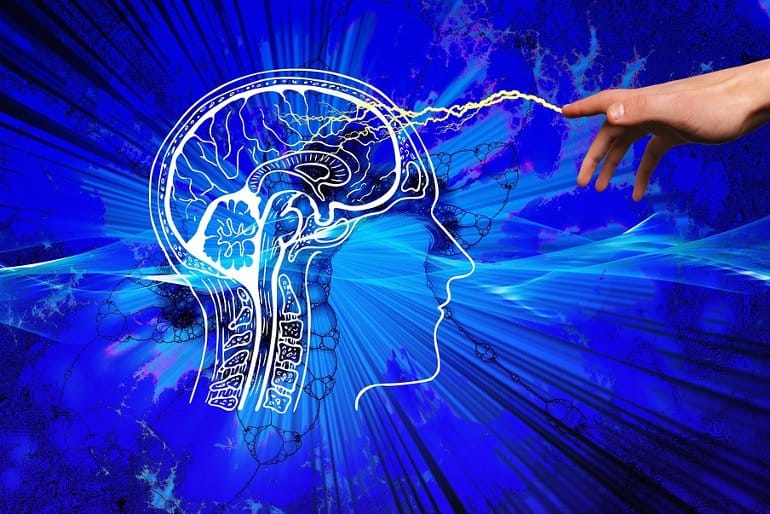“. . .the greatest and most important problems of life are fundamentally insoluble…. They can never be solved, but only outgrown….” – C. G. Jung
Being Stuck in a Rut
What is the outcome of doing all the inner work? Why do we need to do it? Do we really solve our problems?
This question arises every once in a while when someone in despair cries out, “What is the point?! What is the point of all this talking about myself and my problems?”
I’ve noticed that I get stuck in the things that annoy me, despite my best efforts. I notice this in my work with clients. It is so easy to ruminate on our problems, believing that if we think about our problems more, then a solution will come to us. Something that will get us out of our despair.
Being stuck in a rut is that psychological phenomenon arising out of the over-activation of the brain’s habitual or automatic processing systems. We are programmed to survive. Research demonstrates that human beings tend to focus on the negative while trying to make sense of the world. It is called a negative bias.
We can blame evolution. Earlier in human history, paying attention to bad, dangerous, and negative threats was literally a matter of life and death. Those who were more attuned to danger and paid more attention to the bad things around them were more likely to survive.
But the challenge is that the brain’s habitual processing system involves a network of neural circuits in the basal ganglia and prefrontal cortex that learn and store repeated patterns of behaviour. When a particular behaviour becomes habitual, it requires less conscious effort and can be performed automatically. However, this also means it becomes harder to break out of that behaviour pattern and try something new.
We can’t solve problems at this level of thinking
Einstein was known to have said, “We can’t solve problems by using the same kind of thinking we used when we created them.” This statement suggests that when we encounter a problem, we need to approach it with a different mindset or level of thinking than the one we used to create the problem.
In other words, if we keep using the same approach that led to the problem, we are unlikely to come up with a solution. To solve the problem, we need to step back and consider the problem from a new perspective or a higher level of thinking.
This idea emphasizes the importance of creativity, innovation, and open-mindedness when it comes to problem-solving. It encourages us to think outside the box and approach problems from different angles to find the most effective solutions.
Outgrowing and Expanding Our Vision
C.G. Jung observed through his work with patients that “the greatest and most important problems of life are fundamentally insoluble. They must be so, for they express the necessary polarity inherent in every self-regulating system. They can never be solved, but only outgrown.”
The broadening of one’s perspective creates the possibility for a new solution to emerge from the psyche, and a stronger life urge comes forth. The solution is a new level of consciousness which means that the problem loses its urgency.
Expansion of Consciousness
Many spiritual traditions believe that our job on this planet is to recognize that we are here to evolve in our consciousness. What does that mean?
Consciousness is another way to describe awareness; that is, it is the state of being aware of one’s surroundings, thoughts, feelings, and sensations. When we are conscious, we can perceive, process, and respond to external stimuli and internal mental experiences and to respond to these experiences.
It is the condition of being for self-reflection and being aware of our subjective experience.
Thomas Nagel in his famous essay “What Is It Like to Be a Bat?,” has a very good definition of consciousness, “An organism is conscious if there is something that it is like to be that organism.”
The cultivation of consciousness suggests a growing capacity to be aware of what it is like to be ourselves, thus an expansion of the knowledge about ourselves.
Along those lines, we think of our problems as a place in our lives where we are unaware. When we shine a light on the areas of our lives where there is unawareness or lack of light, we increase our level of awareness.
According to Michael Beckwith: “A problem is like the darkness: when we switch on the light of awareness, we see that the problem didn’t really exist; it was simply an absence of the light of understanding, of discerning clarity. When we expand into a deeper level of understanding, a paradigm shift occurs that makes room for a new response to enter our awareness.”
Christina Becker
April 2023
Have you found value here? Have you been inspired or moved? Please consider sharing the post on your social media networks by using the buttons below.
I love to hear your comments and ideas. Use the comments below or send me an email.
Is this your first time here? Does your soul need feeding? Are you looking for a Jungian based inspirational reflection to help with life's challenges. The Jungian Path Newsletter is a monthly reflection on the theme of the new moon. Join the list today.

